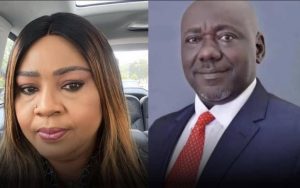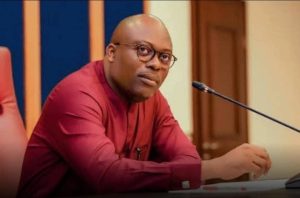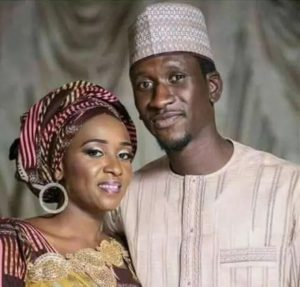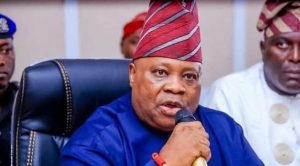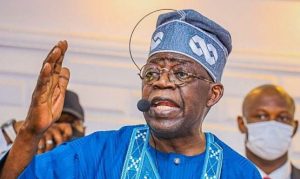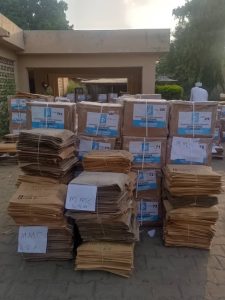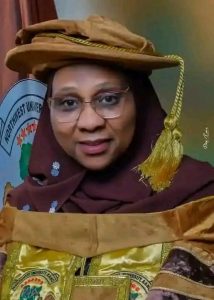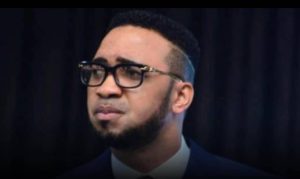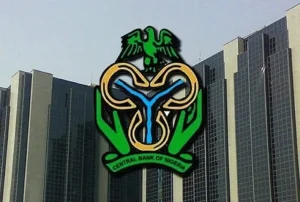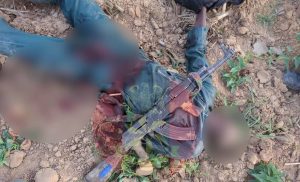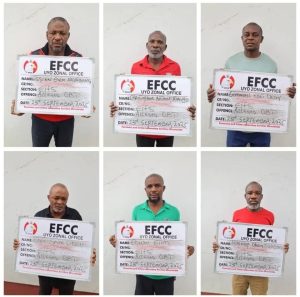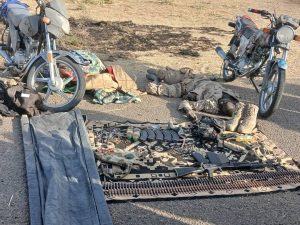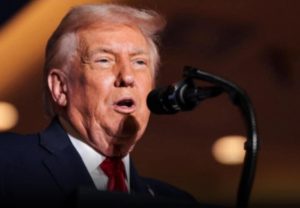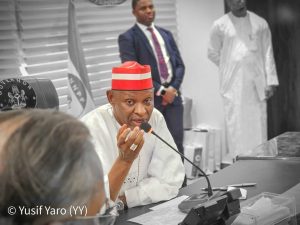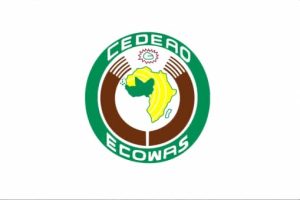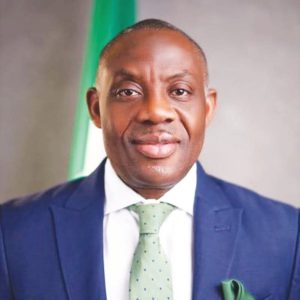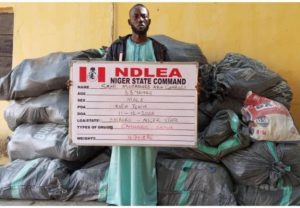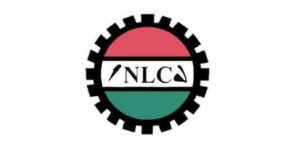The ongoing political crisis in Niger Republic has reached a crucial juncture, with the Economic Community of West African States (ECOWAS) grappling to find a solution that averts a military intervention. Against the backdrop of a recent coup that ousted President Mohammed Bazoum, ECOWAS has dispatched a high-level delegation led by former Nigerian military head of state, General Abdulsalami Abubakar, in an attempt to negotiate with the junta leader, General Abdourahamane Tchiani.
Tensions escalated when Mali and Burkina Faso reportedly provided war planes to the junta, signaling their support for the new leadership in Niger. This show of solidarity, accompanied by warnings of retaliation, highlighted the complex dynamics at play in the region. The junta’s stance, coupled with the delivery of military hardware, added fuel to a brewing confrontation between ECOWAS and the junta-backed forces.
The junta’s defiance was further demonstrated by General Tchiani’s warning that any attack on Niger would not be as straightforward as ECOWAS might believe. This rhetoric, laced with accusations of foreign involvement, showcases the potential for the situation to escalate into a larger conflict. Tchiani’s announcement of a “national dialogue” and a limited tenure in office seemed to be aimed at appeasing both domestic and international audiences.
The ECOWAS delegation’s access to President Bazoum, who was detained after the coup, suggests a willingness to engage in dialogue, even amidst escalating tensions. While the door to negotiations remains open, ECOWAS maintains that military intervention could be an option if diplomatic efforts stall. The commissioner for political affairs, Abdel-Fatau Musa, stressed that dialogue should not become a mere “dialogue of the deaf.”
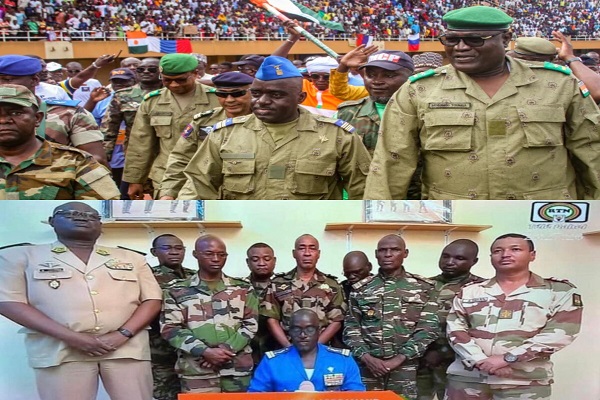
The involvement of other countries, such as the United States, has added a layer of complexity to the crisis. The arrival of US Ambassador Kathleen FitzGibbon highlights the international community’s concern and the urgency to address the situation. However, it remains uncertain how diplomatic efforts will unfold given the uncertainty on the ground.
Amidst these developments, the population’s voice has not gone unheard. Protests within Niger and among its diaspora have emphasized the desire for peace, democracy, and the restoration of President Bazoum. Opposition to military intervention and appeals for dialogue underscore the importance of seeking nonviolent solutions.
ECOWAS faces a complex challenge: how to address a coup and the subsequent instability in Niger without further escalating tensions in the region. The junta’s resolve, backed by the show of support from neighboring countries, sets the stage for a potential regional confrontation. The delicate balance between diplomacy, dialogue, and the need to uphold democratic principles hangs in the balance. As ECOWAS weighs its options, the eyes of the international community remain fixed on the outcome, hoping for a peaceful resolution to Niger’s crisis.
Adeolubodun is a writer living in Lagos, Nigeria.






